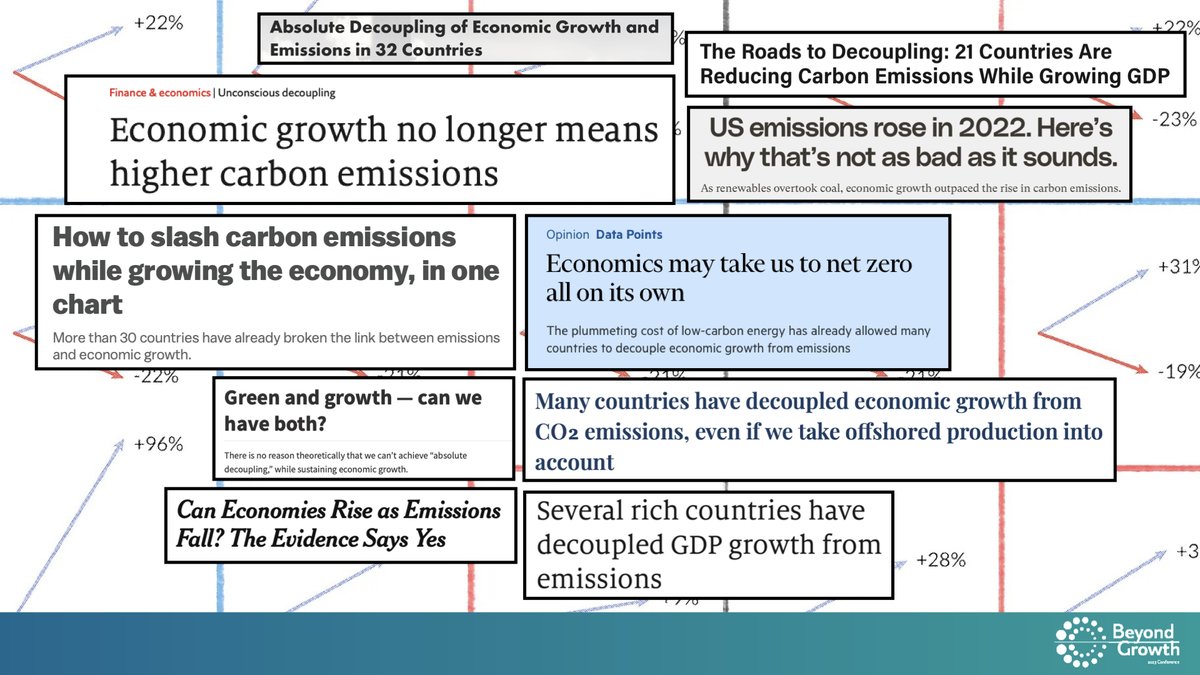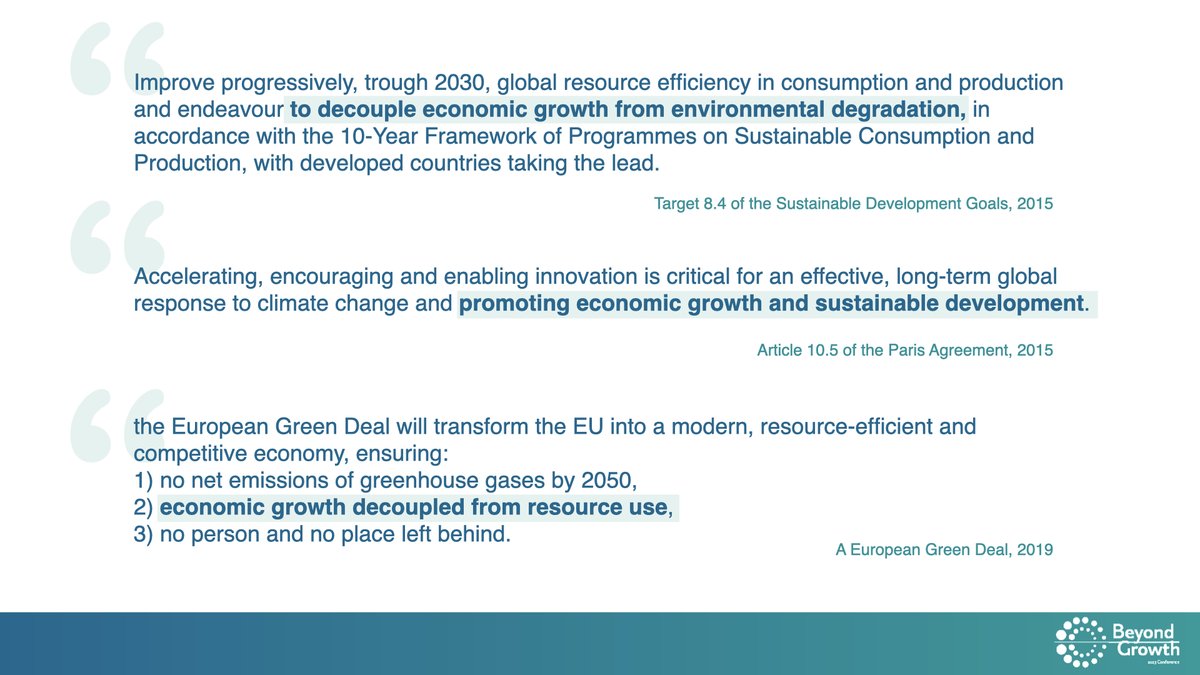If you think inequality is only a matter of income, think again – and check this study on energy inequality by @yl_oswald, @dr_anneowen, and @JKSteinberger.
THREAD/
THREAD/

2/ Failure in economic inclusion causes exclusion from energy provision. Also: when expenditure is highly unequal in a country, the corresponding inequality in energy footprints will tend to be even larger. 

3/ Consumption categories that feature higher energy intensities and higher elasticities, such as vehicle fuel, concentrate energy use among high-income individuals. 

4/ What should be degrown? Answer: what’s in the red box, namely high-intensity goods and services only consumed by the richest. 

5/ There are ~550 million people in each decile, so roughly the equivalent of today’s European Union. The top 10% consume ~39% of total final energy (nearly equivalent to the consumption of the bottom 80%), whereas the lowest 10% consume almost 20 times less, ~2%. 

6/ The top 10% uses 75% for air transport. Said differently: flying is a luxury only used by the rich. 

7/ The energy footprints of the richest reach 200-300 GJ yr. (...) On the other hand, 77% of people consume less than 30Gjyr and 38% consume less than 10Gjyr – this lower end is almost certainly insufficient for a decent quality of life.
9/ 31% of the energy increase can be attributed to vehicle fuel alone, another 33% to heat and electricity and another 12% together to other transport and the education and finance and other luxury category. Other subsistence such as food and wearables, together, contribute 7%. 

10/ Take-home message: We won’t solve the climate crisis without addressing national and international inequality.
nature.com/articles/s4156…
END THREAD/
nature.com/articles/s4156…
END THREAD/
• • •
Missing some Tweet in this thread? You can try to
force a refresh



















